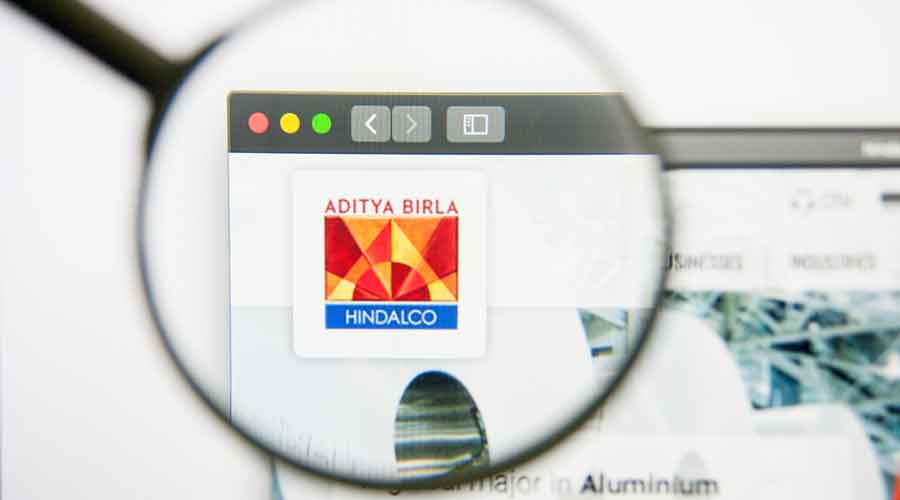Hindalco Industries on Wednesday said it will raise up to Rs 700 crore from the debt markets.
In a regulatory filing with the stock exchanges, the Aditya Birla group firm said the capital raising committee of its board at its meeting held on Wednesday approved the issuance of non-convertible debentures (NCDs) on a private placement basis, for an amount not exceeding Rs 700 crore.
During the quarter ended September 30, Hindalco had reported a 35 per cent fall in its consolidated net profit to Rs 2,205 crore from Rs 3,417 crore in the same period of the previous year due to rising input cost. Hindalco is the world’s largest aluminium company by revenues and a major player in copper. It is also one of Asia’s largest producers of primary aluminium.
Meanwhile, Union Bank of India has appointed bankers to its Rs 3,800 crore qualified institutional placement (QIP). Last year, the PSU lender had announced that it will mobilise Rs 8,100 crore to support business growth through various means that include sale of equity shares, addition Tier 1 capital and Tier II bonds. Recently, the lender had raised Rs 663 crore from Tier 1 bonds which qualify as core or equity capital.
The government holds 83.49 per cent in the PSU bank. Shares of Union Bank of India on Wednesday settled marginally lower at Rs 78.40 on the BSE. Its fund raising comes at a time the banking system is witnessing a strong demand for credit. Banks are raising capital both from the debt markets and hiking deposit rates.











